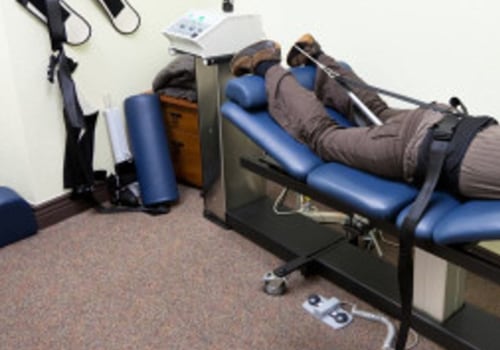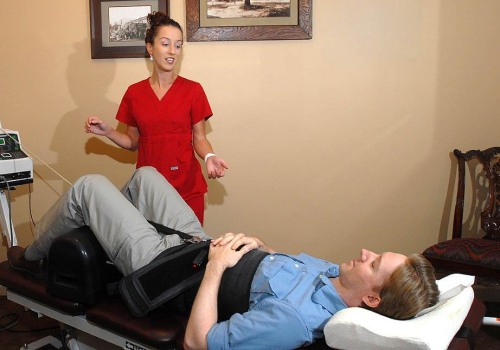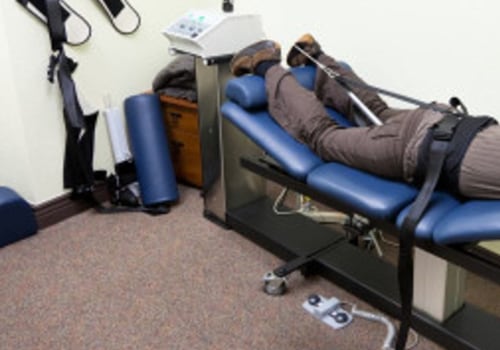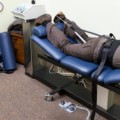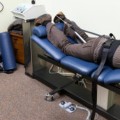You will usually be able to return home 1 to 4 days after the operation. A hospital stay of 1 to 4 days is usually required after lumbar laminectomy surgery.1 During this period, hospital staff monitors the patient for any complications. A physical therapist usually works with the patient during the hospital stay to help them with a guided rehabilitation program. Most people experience a decrease in leg symptoms immediately after surgery.
Your doctor will encourage you to walk and stay active. Usually, the incision heals for the next 2 to 3 weeks, and the pain should continually improve as healing progresses. As with all types of surgery, there is a risk of dying during or after lumbar decompression surgery, although this is rare. Awake spine surgery lasts half the time, and patients usually leave the hospital within 24 hours.
The team of private surgeons will be sure to answer any questions you may have during a free consultation on minimally invasive procedures, including lumbar decompression surgery. During lumbar decompression surgery, there is a risk of accidental damage to the nerve lining, which can lead to loss of cerebrospinal fluid (CSF). There is a risk of a blood clot forming after lumbar decompression surgery, especially on the leg. As soon as you know you are going to undergo lumbar decompression surgery, it is advisable to stop smoking (if you smoke), eat a healthy and balanced diet, and exercise regularly.
While lumbar decompression is usually successful, like all types of surgery, it carries a risk of complications. Paralysis is a rare but serious complication that can occur as a result of lumbar decompression surgery. During lumbar decompression surgery, you'll usually lie on your stomach on a special curved mattress so that the surgeon can better access the affected part of your spine and reduce pressure on your chest, abdomen, and pelvis. Once proper decompression has been achieved, the muscles will be sutured again and the incision will be closed and sutured.
That group includes most patients who would benefit from traditional spinal fusion or decompression surgery, as well as many who have difficulty tolerating general anesthesia, such as elderly patients. Lumbar decompression surgery is performed by a neurosurgeon or orthopedic surgeon with experience in spinal surgery. Minimally invasive lumbar decompression surgery requires the surgeon to make a small incision in the affected area. Okanagan Health Surgical Center in Kelowna is a world-class private surgical center that offers advanced orthopedic surgeries including lumbar decompression surgery, knee surgery, shoulder surgery, foot and ankle surgery, and more.
About 1 in 20 to 100 people who have lumbar decompression surgery will develop new numbness or weakness in one or both legs as a result of the operation. Lumbar decompression surgery is only recommended when non-surgical treatments have failed to relieve painful and uncomfortable symptoms.
